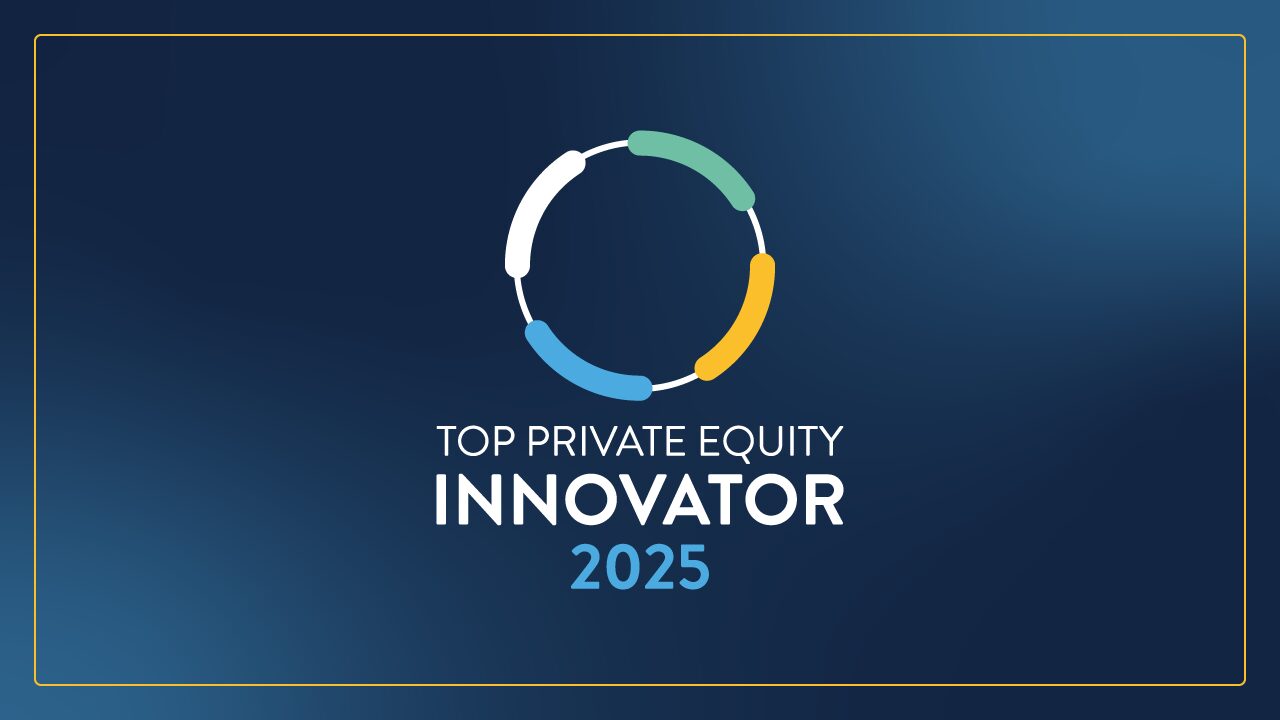Demand for interim chief human resources officers in private equity continues to climb.
It’s no wonder: Human capital is consistently a top service area in the BluWave Value Creation Index.
But how do you know which HR leader to hire?
Once you narrow your pool to the finalists, it all begins with the interview process.
You’ll want to ask about their work history, industry experience, people philosophy and more.
In this guide, we’re going to tell you what the interview should look like, and how to identify a winner to lead human resources on a temporary basis.
Questions to Ask Interim CHRO Candidates
When interviewing an interim CHRO candidate, it’s important to ask a variety of questions that will determine whether they’re PE-grade.
Here are some essentials our consulting mangers Keenan Kolinsky and Scott Bellinger recommend:
- Can you tell us about your background and experience in human resources leadership?
- What is your experience with mergers and acquisitions?
- Which Private Equity firms or Private Equity-backed businesses have you worked with that you can provide as references?
- How do you stay current with the latest trends and best practices in human resources?
- How could you help our HR function be more of a value-creation lever?
- What experience do you have with high growth, middle-market companies?
- Can you tell us about a time when you had to lead a project or initiative that required you to adapt to a fast-paced environment?
CASE STUDY: Interim CHRO Leads Complex Carve-Out in Consumer Products Industry
How to Evaluate Human Capital Leaders
Once you have the answers to those questions, and whatever else you come up with, it’s time to match them with your portco’s immediate needs.
Since this role is typically filled for 3–9 months, you want to make sure you hire someone who can have a maximum impact in a short amount of time. Here are five key areas to evaluate:
1. Experience and qualifications in human resources leadership
The interim CHRO should have experience in areas such as talent management, employee relations, and organizational development.
These, however, are just a few of the HR-specific criteria to consider.
2. Industry Experience
They should not only have private equity experience, but also within your particular industry.
Don’t hire someone who’s worked in technology their whole career to run your manufacturing company. And don’t high a talent chief from the manufacturing industry to work in healthcare.
3. Experience with M&As
Mergers and acquisitions experience is key, according to BluWave Strategic Account Executive Hannah Welsh.
“This person has to be able to navigate the complexities of integrating different companies and cultures,” she says.
4. Problem-Solving Abilities
A track record of solving complex HR challenges and quickly identifying and addressing problems is also essential.
“They should also be able to work in a fast-paced environment and have the ability to adapt to change,” Welsh adds.
5. Strong Communication Skills
Lastly, they should be a strong communicator, especially across the organization.
That means explaining complex issues in simple terms. It also entails building relationships with employees, stakeholders and clients.
If you find someone who hits the mark in all five of these areas, you’re well on your way to selecting a strong interim CHRO.
Managing Expectations for People Leaders
Setting and managing expectations is crucial for a successful partnership between the PE firm and the interim CHRO. The interview process is a great time to do that.
Have open and honest conversations from the start to ensure that both parties are on the same page. Here are some things you should discuss:
The Scope of the Role
What are the company’s specific needs that you hope this candidate will address?
In addition to the recommended questions above, you’ll want to talk about challenges specific to your situation.
CASE STUDY: Growth-Minded Interim HR Leader with Global Experience
Is there high turnover? A PR crisis? Lack of professional development? Discuss specific scenarios during the interview.
Specific Goals and Objectives
What specific things to you want them to accomplish?
Goals could be based on reducing turnover, increasing productivity or implementing a new company structure within a given timeline.
Available Resources
Will they want to make new hires? Implement a new software? Use consultants?
When evaluating the cost of hiring the candidate, make sure you’re taking more into account than their compensation.
It’s often well worth it, though, as there are many benefits to hiring a interim chief human resources officer.
The interview process plays a crucial role in identifying the right fit for a talent leader at a private equity-backed organization, or even private and public companies.
At BluWave, we make sure you get connected with two or three exact-fit solutions so you can skip the search process and get to know your candidates sooner.
Contact our team today to save time and tap into the BluWave-grade service providers in the PE-grade network.



